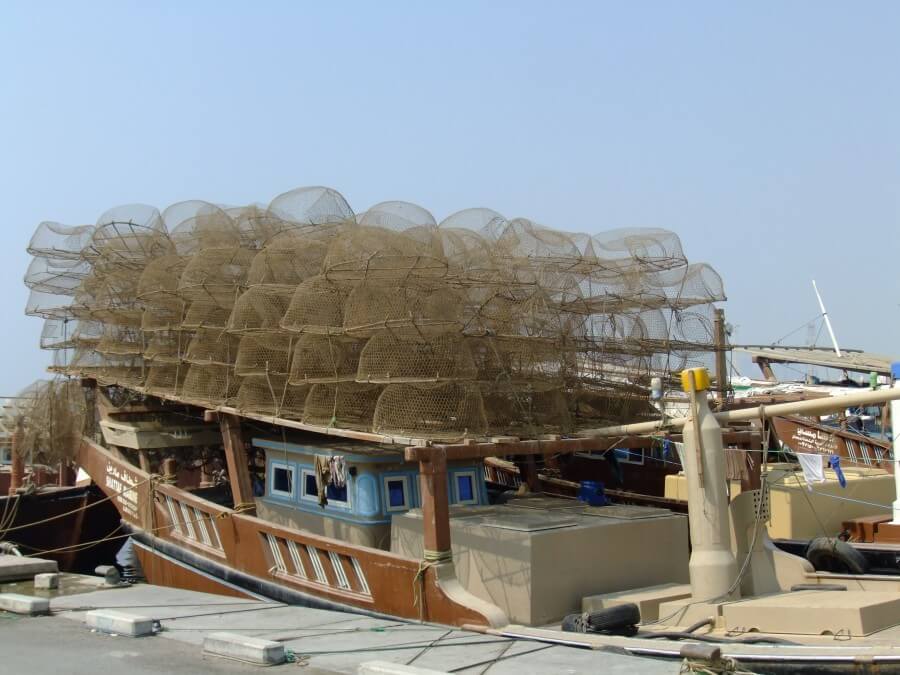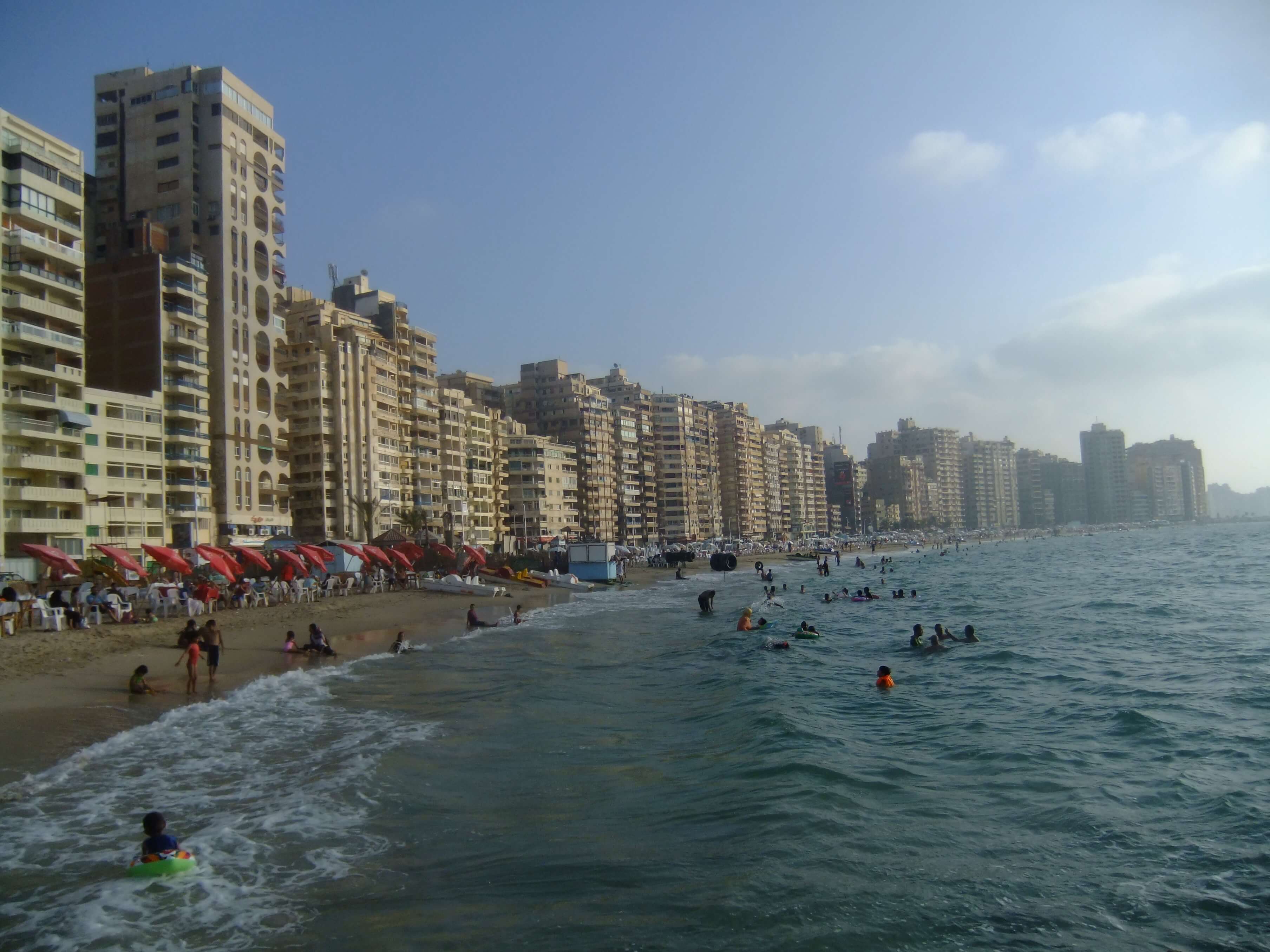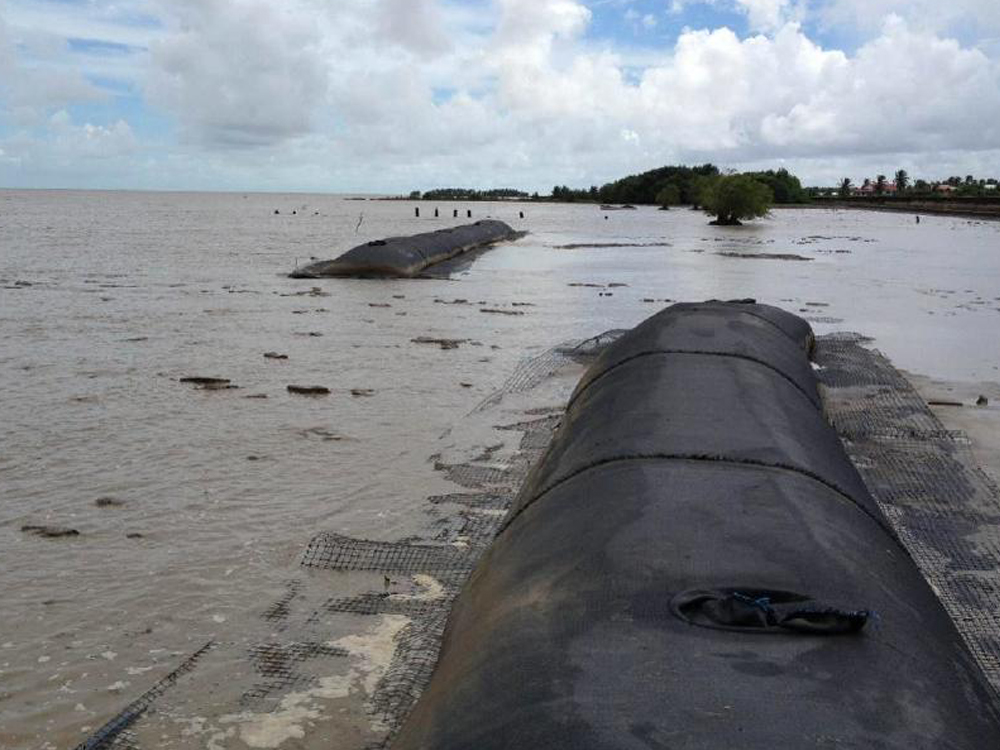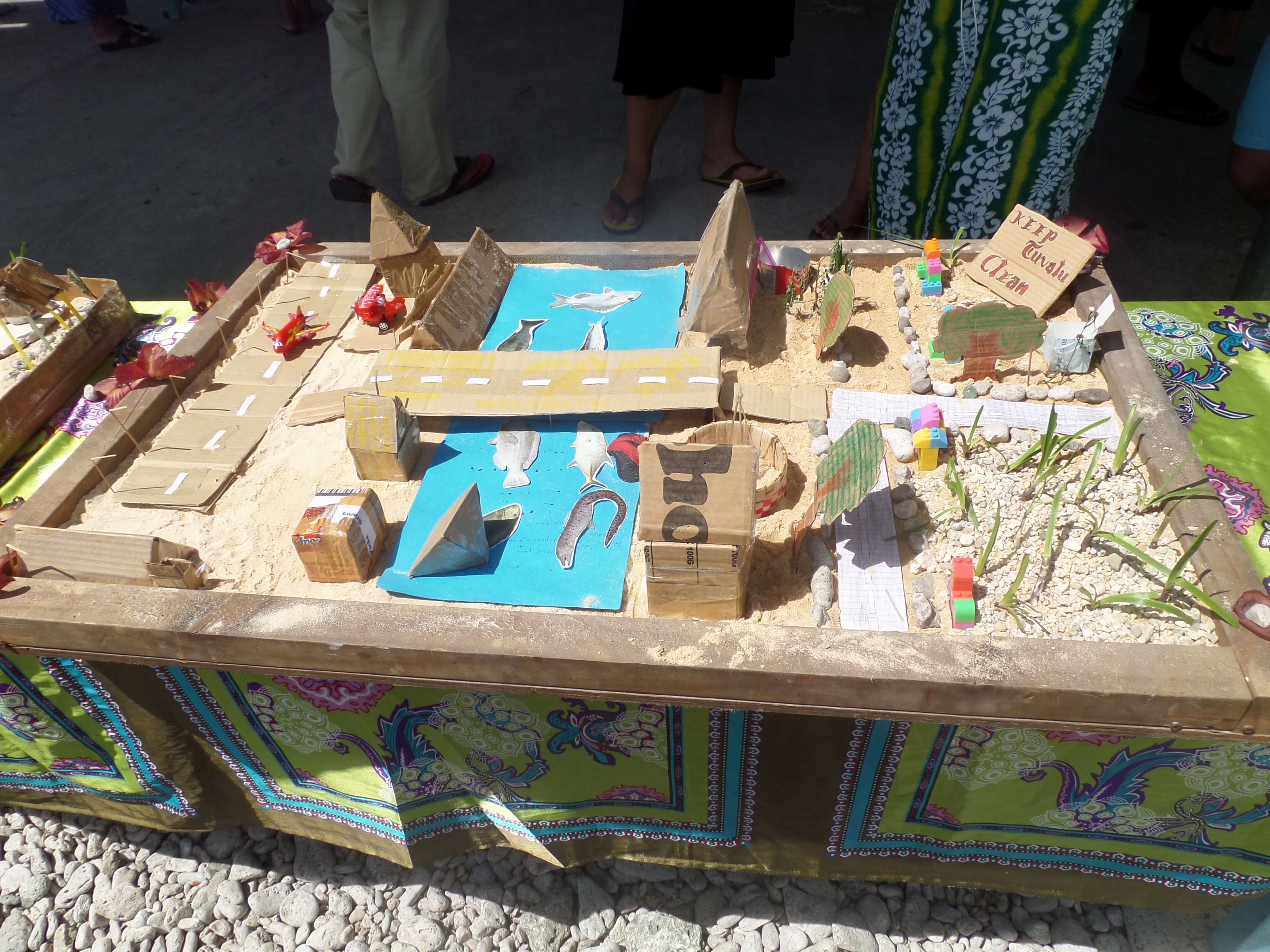



Bahrain ICZM and Marine Planning (National Planning and Development Strategy – NPDS)
Adaptation to Climate Change – Egypt “Living Shorelines” Project (UNDP Egypt)
Institutional Strengthening Support: Sea and River Defence Sector 2012, Government of Guyana
Helping to deliver sustainable living for coastal communities and businesses alike